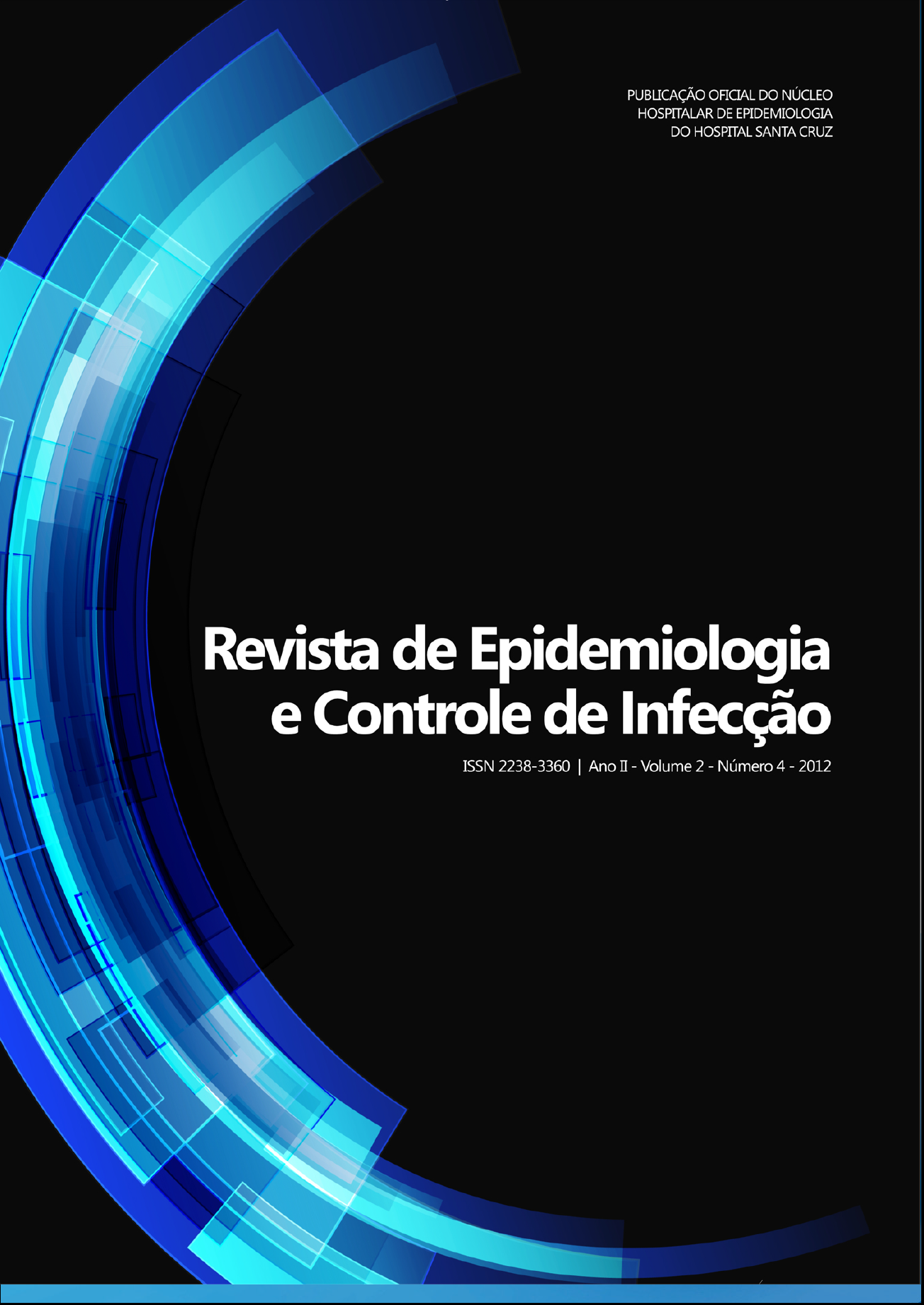Interdisciplinary educational activity for patients with diabetes in primary care
DOI:
https://doi.org/10.17058/reci.v2i4.2743Abstract
Rationale and Objectives: Currently Diabetes Mellitus (DM) is confi gured as a major public health problems in Brazil, making it one of the most common chronic disorders in the world. Thus, this study focused strategies made by health professionals in primary care, education of patients with type 2 diabetes in primary care in order to contribute to the promotion of health. Methods: This is a literature on the application of scientifi c strategies, which aims to gather and synthesize publications and conduct a critical assessment of them. Data collection was conducted between March and May 2012, the following electronic databases: CAPES (Coordination of Improvement of Higher Education Personnel, Brazil), Scientifi c Electronic Library Online - SciELO, LILACS, Google Scholar andSBD (Brazilian Society Diabetes), where 14 articles were selected. Results: The present study showed advances knowledge regarding diabetes and changes in educational strategies used that aimed to understand their effects on disease control and management of self-care. Also, lets discuss the possible limits and options for improving the process of health education, interdisciplinary care related to diabetes. Conclusion: The educational practice presents itself as the best way to educate people with diabetes about the importance of improving dietary habits and their own care. It is a time when individuals and health professionals discussing all the information about the disease and treatment. KEYWORDS: Health education. Strategies. Diabetes Mellitus Type2.Downloads
Downloads
Published
How to Cite
Issue
Section
License
The author must state that the paper is original (has not been published previously), not infringing any copyright or other ownership right involving third parties. Once the paper is submitted, the Journal reserves the right to make normative changes, such as spelling and grammar, in order to maintain the language standard, but respecting the author’s style. The published papers become ownership of RECI, considering that all the opinions expressed by the authors are their responsibility. Because we are an open access journal, we allow free use of articles in educational and scientific applications provided the source is cited under the Creative Commons CC-BY license.


